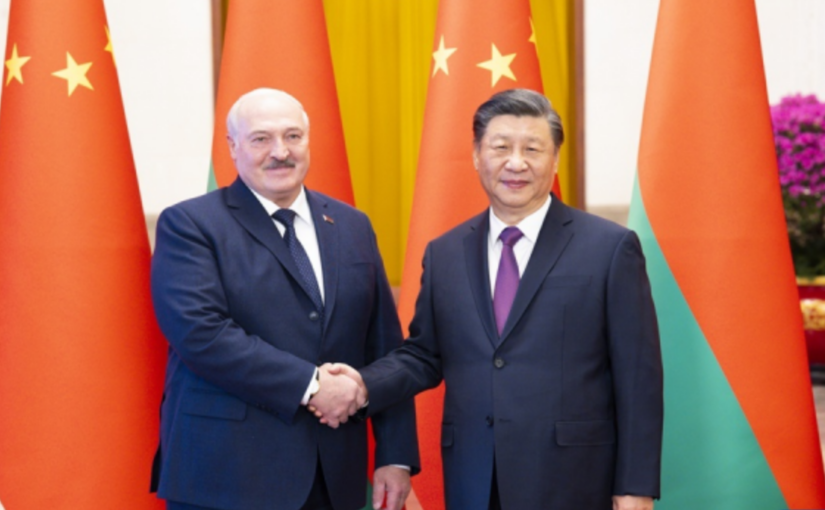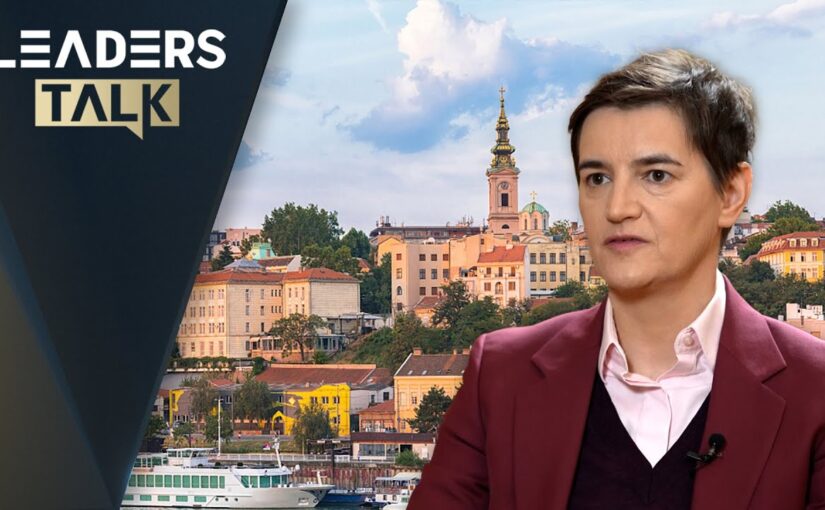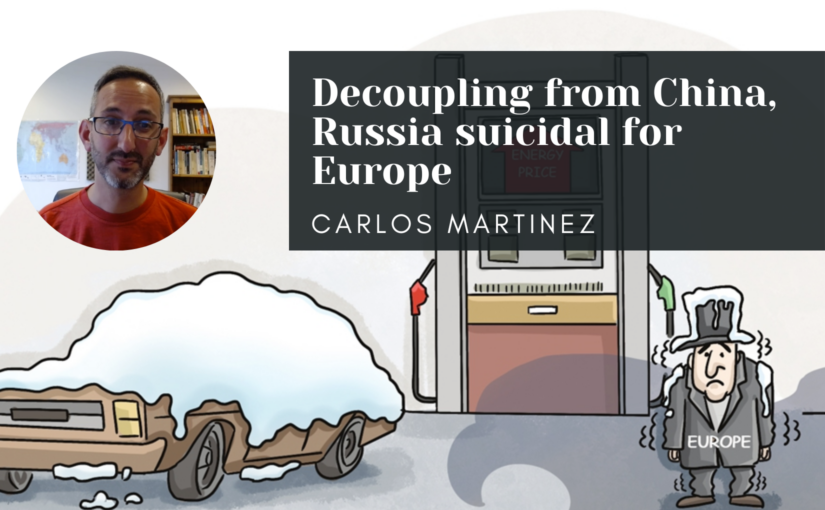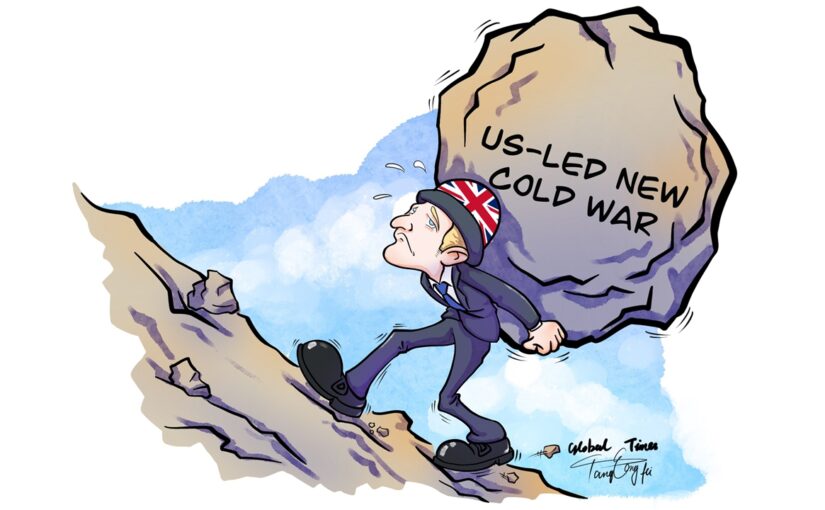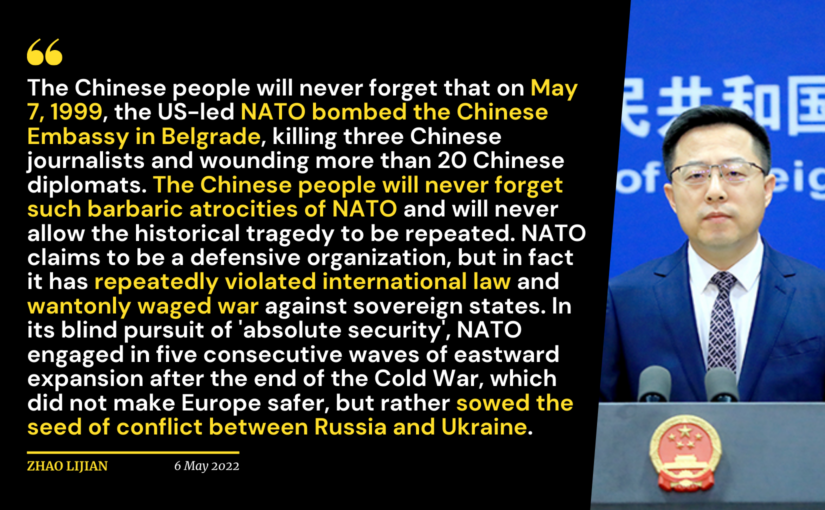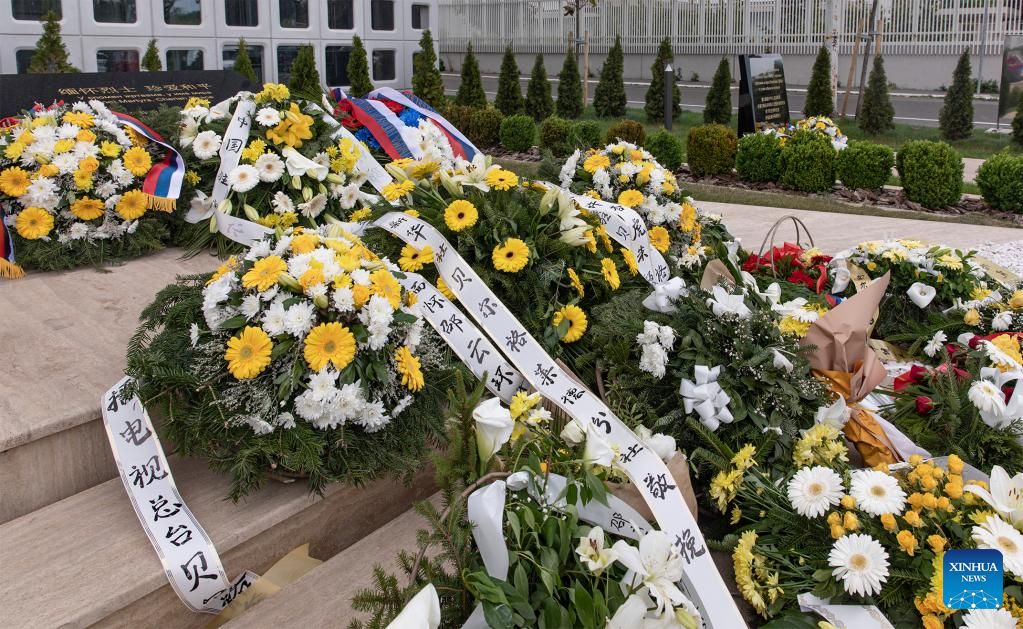President of Belarus Alexander Lukashenko paid a state visit to China from February 28 to March 2 at the invitation of his Chinese counterpart Xi Jinping. The two leaders last met in September at the summit meeting of the Shanghai Cooperaration Organization (SCO), held in the Uzbek city of Samarkand. At that meeting, they jointly announced the upgrading of their bilateral relationship to an all-weather comprehensive strategic partnership.
Meeting again on March 1, Xi Jinping emphasized that the China-Belarus friendship is unbreakable, and the two sides should constantly enhance political mutual trust and remain each other’s true friends and good partners.
Congratulating China once again on the success of the 20th CPC National Congress, Lukashenko expressed great admiration for President Xi, noting that he is a leader much loved by the Chinese people and enjoying high prestige in the world. He said that he firmly believes that under the strong leadership of President Xi, China will continue to make new and glorious achievements, and that the hearts of the Belarusian people are always with the Chinese people, and Belarus will stand firmly with China at all times. He said that China is a mainstay in safeguarding world peace, and that Belarus is ready to strengthen coordination with China on major international and regional issues, and jointly strive for the maintenance of international and regional security and stability.
The two presidents also exchanged views on the Ukraine crisis and other issues. Xi Jinping pointed out that China’s position on the Ukraine crisis is consistent and clear, and China has released a position paper on the political settlement of the Ukraine crisis. Xi noted that the core of China’s position on this issue is promoting talks for peace. All parties should stay committed to its political settlement, abandon the Cold War mentality, respect the legitimate security concerns of all countries, and work to forge a balanced, effective, and sustainable European security architecture. Relevant countries should stop politicizing and instrumentalizing the world economy and take effective actions to bring about a ceasefire and an end to the conflict and peacefully resolve the crisis. Lukashenko said that Belarus fully agrees with and supports China’s position on the political settlement of the Ukraine crisis, and this is of great significance to its resolution.
Lukashenko’s programme also included meetings with Premier Li Keqiang and Chairman of the National People’s Congress Standing Committee Li Zhanshu.
The two heads of state signed a detailed joint statement covering a broad range of political, economic and other issues and featuring not least a strong commitment to further develop the China-Belarus Industrial Park, situated outside the Belarussian capital Minsk, which is both a mainstay of bilateral cooperation as well as a flagship project of the Belt and Road Initiative (BRI). According to the statement, China supports Belarus in becoming a member of the Shanghai Cooperation Organization as soon as possible. It presently has observer status.
The below article on the meeting between the two presidents was originally published on the website of the Chinese Foreign Ministry. We also publish the full text of the Joint Statement, which is a machine translation from the Chinese language text carried in People’s Daily, and which has been lightly edited by us.
Xi Jinping Holds Talks with President of Belarus Aleksandr Lukashenko
Ministry of Foreign Affairs of the People’s Republic of China, 1 March 2023
On March 1, 2023, at the Great Hall of the People, President Xi Jinping held talks with President of Belarus Aleksandr Lukashenko who is on a state visit to China.
Xi Jinping pointed out that in Samarkand last September, he and President Lukashenko jointly announced the upgrading of China-Belarus relations to an all-weather comprehensive strategic partnership, thus injecting strong impetus into cooperation between the two countries in various fields. Xi noted that this year is the first year to fully implement the important decisions made at the 20th National Congress of the Communist Party of China (CPC), and China’s high-quality development and modernization drive will bring new opportunities to Belarus and other countries in the world. Faced with an international situation fraught with instability and uncertainty, China is ready to work with Belarus to promote the sound and steady development of bilateral relations at a high level.
Continue reading Alexander Lukashenko’s state visit to China